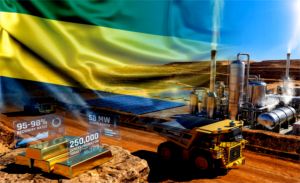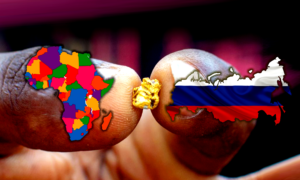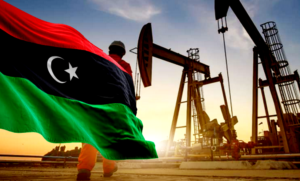Africa Lights Up with Solar from Villages to Cities, as Solar Imports from China surges to 60%
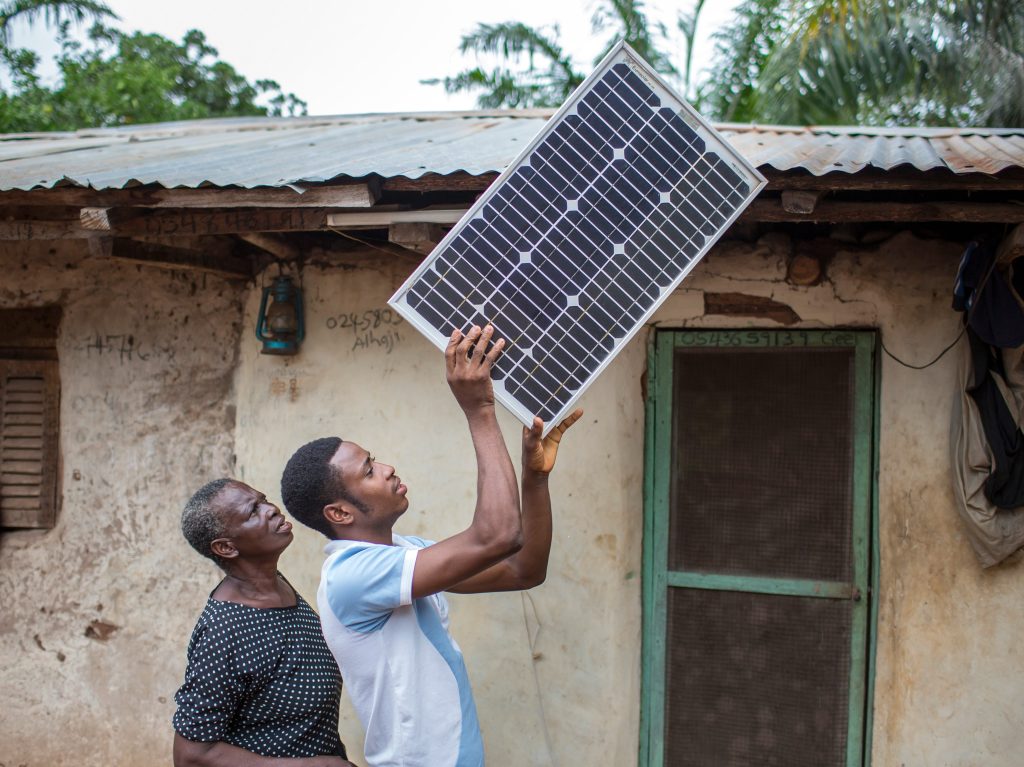
Ein junger afrikanischer Bauer legt ein Solarpanel auf das Dach seines Hauses auf einer Cashew Farm. Seine Mutter schaut ihm kritisch zu, Congo, 06.09.2016. KEIN MODEL RELEASE vorhanden, NO MODEL RELEASE available, NO MODEL RELEASE, Copyright: Thomas Imo/ photothek.net [Tel. +493028097440 - www.photothek.net - Jegliche Verwendung nur gegen Honorar und Beleg. Urheber-/Agenturvermerk wird nach Paragraph13 UrhG ausdruecklich verlangt! Es gelten ausschliesslich unsere AGB.]
African nations are turning to the sun and to China, as they seek solutions to chronic electricity shortages, volatile fuel costs, and a global push toward clean energy. Imports of Chinese solar panels into Africa rose by 60% in the 12 months through June 2024, underlining a continental shift toward renewable power that carries not only economic significance, but also deep political, social, and human implications.
![]()
China, which accounts for roughly 80% of global solar panel production, has consolidated its dominance in Africa’s clean energy landscape. The latest figures show a widening appetite for Chinese-made panels across the continent, with the number of African nations importing at least 100 megawatts of solar capacity jumping from 15 to 25 in just one year.
For Chinese manufacturers, Africa is becoming one of the fastest-growing frontiers for solar exports, complementing markets in Europe, the Middle East, and Southeast Asia. Competitive pricing, combined with mass-scale production, has made Chinese solar technology the go-to choice for governments and private energy investors seeking quick, scalable solutions to Africa’s energy deficit.
The surge in solar imports comes at a time when many African governments are grappling with the politics of energy independence. Chronic blackouts, high reliance on diesel generators, and rising demand from expanding populations have forced leaders to look beyond traditional hydrocarbon models.
“Solar energy has become not just an environmental choice, but a political one,” noted Dr. Fatima Sesay, an energy policy analyst in Sierra Leone. “Investing in solar reduces dependency on fuel imports, eases pressure on national budgets, and gives governments a narrative of progress and sustainability.”
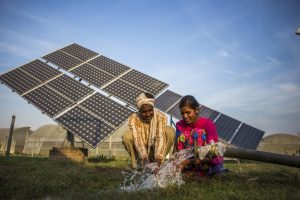
China’s role, however, is not without geopolitical undertones. While Beijing positions itself as Africa’s renewable partner, critics warn of over-reliance on Chinese technology and financing, echoing broader concerns about debt and economic dependency in the Belt and Road era.
At the community level, the impact of solar adoption is immediate and visible. In rural areas where national grids remain patchy or non-existent, Chinese-imported solar kits are powering schools, health clinics, and small businesses. In Malawi, for instance, solar mini-grids have allowed farmers to refrigerate produce and extend trading hours, while in Kenya, households once dependent on kerosene lamps are now turning to rooftop solar panels.
In urban centers, rising middle-class demand for uninterrupted electricity, is essential for everything. From running small enterprises to supporting digital economies, fuels the consumption of rooftop solar installations and hybrid systems that combine grid power with renewable backups.
For millions of Africans, the solar surge represents more than macroeconomic trends. It is a question of dignity and opportunity. In Nigeria, where grid failure remains a routine, rooftop solar has transformed the ability to achieve night endeavours. In Senegal, midwives report that solar-powered clinics have reduced maternal mortality by ensuring reliable lighting during childbirth.
“These panels are not just metal and glass,” said Awa Diop, a women’s cooperative leader in Dakar. “They represent a chance for our children to dream beyond darkness.”
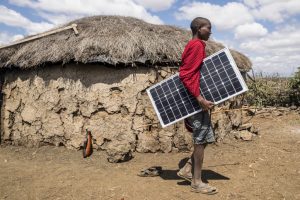
Yet the solar boom is not without hurdles. Infrastructure gaps, weak financing models, and import duties in some countries make scaling renewables uneven. Questions also linger about the sustainability of relying on imported panels rather than developing local manufacturing capacity.
Moreover, while solar addresses supply gaps, it does not fully resolve issues of grid distribution, affordability, and long-term maintenance. Energy experts caution that without complementary investment in transmission infrastructure and localized innovation, Africa risks turning a clean energy opportunity into another dependency cycle.
Still, the momentum is unmistakable. From governments negotiating mega solar parks in Egypt and South Africa to entrepreneurs selling pay-as-you-go solar kits in remote villages, the continent is betting on renewable energy as both a survival strategy and a pathway to growth.
The 60% surge in Chinese solar imports is just one measure of a broader transformation in a continent as Africa that is increasingly rewriting its energy future under the combined forces of business pragmatism, political urgency and human aspiration.
As the sun sets over crowded cities and remote villages alike, one thing is clear: Africa’s race toward solar is not simply about keeping the lights on, but about redefining power itself in every sense of the word.



